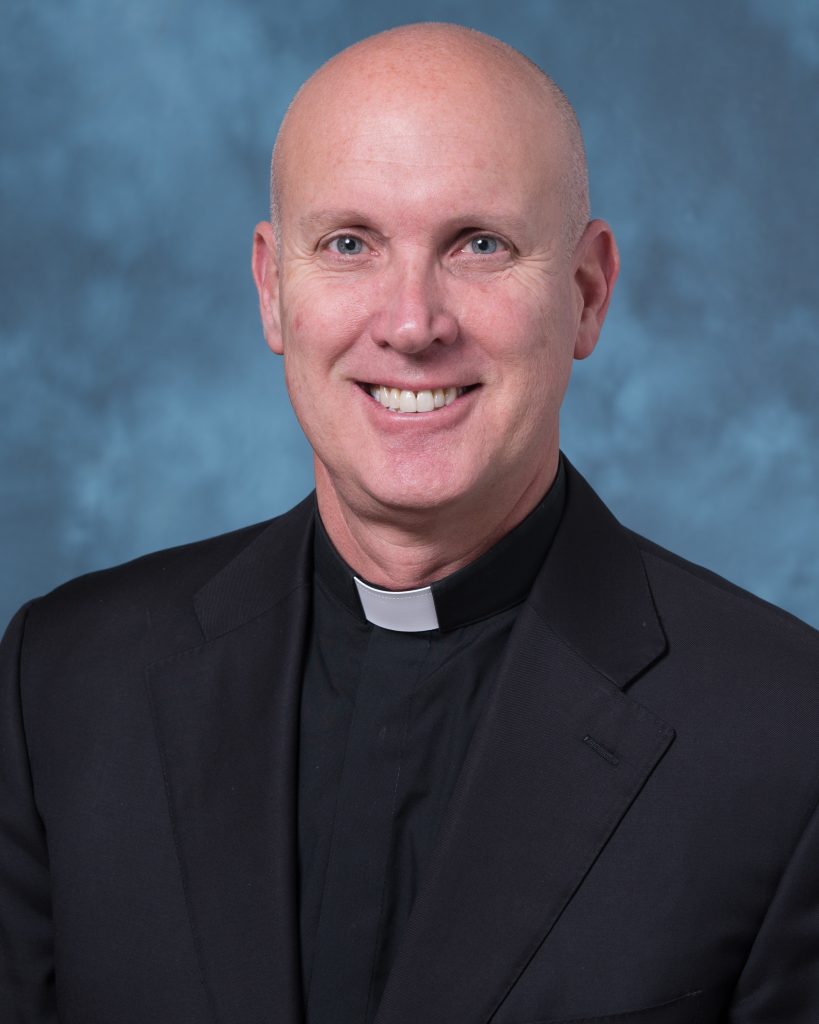President's Report: The Magis Mindset
While a Regis education is unique in many ways, it shares with other Jesuit secondary schools a similar mission and vision articulated most compellingly in the Profile of the Graduate at Graduation.
This Profile highlights five characteristics that Regis aims to develop in each graduate after his four-year student experience. Namely, through his Regis education, each young man becomes Open to Growth, Intellectually Proficient, Religious, Open to Others, and Committed to Doing Justice.
These characteristics are profoundly countercultural. They suggest that the goal of education is character development rather than an instrumental means to achieve admission to one’s college of choice or career success. I was reminded of the first characteristic, Open to Growth, as I read a guest essay in the New York Times by theologian and college professor Jonathan Malesic.
Entitled “The Key to Success in College Is So Simple It’s Almost Never Mentioned,” Malesic argues that a “growth mindset” is the most important trait one brings to college. It describes this mindset as a“willingness to learn” — “the belief that your abilities are not fixed but can improve.” Malesic identifies threats to this trait, including careerism and what he calls “knowingness.” He goes on to write:
School isn’t a quiz show; the first person to say the right answer doesn’t deserve the greatest reward. Rather, school should cultivate students’ curiosity and let them feel the thrill of finding something out. I would bet most teachers already share this outlook, but it’s hard to encourage open-ended curiosity when schools are judged by standardized test scores, and it’s hard to defeat narrow-minded careerism when the entire economy seemingly mandates it.
The author’s examples are enlightening:
Knowingness is a danger especially for talented students who have been rewarded for always having the right answer. At the University of Pennsylvania, undergraduates complain that student clubs expect prospective members to have extensive knowledge of the club’s area of interest. As a first-year student, Adrian Rafizadeh, told the campus newspaper, “If I can’t get into the clubs that will help educate me and foster that interest, then how do I even get started?”
Once, in a cafe near an elite liberal-arts college, I overheard a student lament to another, “I can’t take a Russian history class. I don’t know any Russian history!” Of course not. That’s why you take the class.
The question for our faculty at Regis is how to best motivate, encourage, and reward students who demonstrate an openness to growth? How do we nudge our students to take risks in their pursuit of knowledge rather than chart a safer path that may lead to a good grade but doesn’t necessarily stretch their thinking in meaningful ways?
This challenge was at the heart of a recent initiative to enhance the academic awards that Regis bestows on students at the end of each trimester. Typically these awards highlight students who receive Honors in each class– i.e., the highly coveted Honors Card. Through their work in the Threshold Lab — a process whereby faculty propose new strategic initiatives that advance Regis’ mission — a group of teachers proposed that we supplement our awards with a new one, the Magis Award, given to students who most consistently demonstrate a growth mindset in their pursuit of learning.
As I move through my first year of service at Regis, the introduction of the Magis Award is one of many reasons why I find our mission and vision so attractive and purposeful. I’m proud of the ways in which our faculty innovate our practices to enhance our support of students — not simply so they may achieve the coveted outcome of admission to a top college or university, but to become better young men who, in the words of St. Ignatius Loyola, will set the world on fire, with love and faith, their work for justice, and a lifelong commitment to grow and learn.
Sincerely,
Rev. Christopher Devron, SJ
This installment of the President's Report was first published in the Winter 2023 issue of the Regis Magazine.
Read more Regis news

